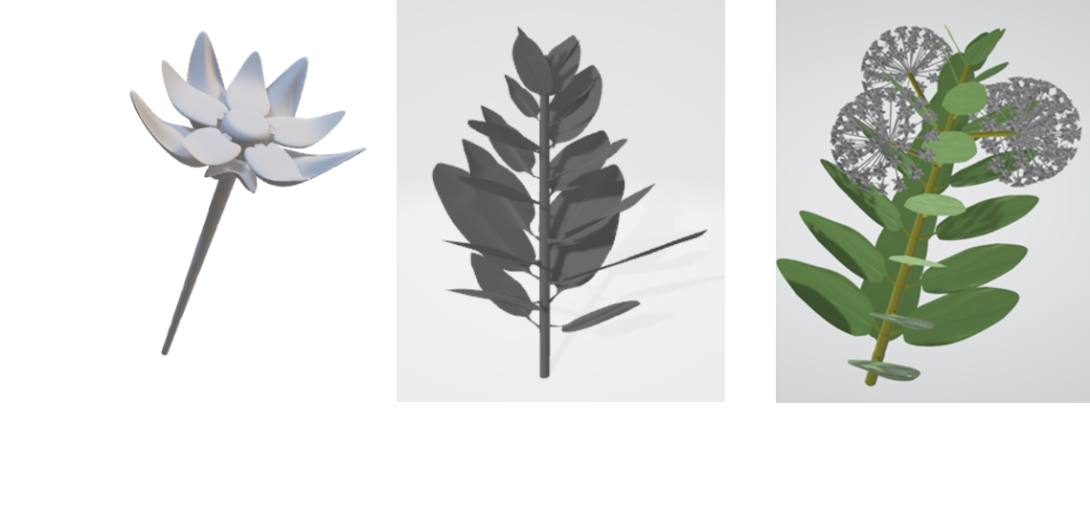Developing and Testing Bilingual Curricula that Infuse Authentic Computer Programming Experiences into Middle School Mathematics for Latinx Youth
The scientific careers of the future increasingly require advanced understandings and applications of computer programming and mathematics. This project is designed to broaden participation in these career pathways and careers by iteratively developing and testing bilingual computer programming curricula in middle school mathematics classes attended primarily by multilingual Latinx students.


